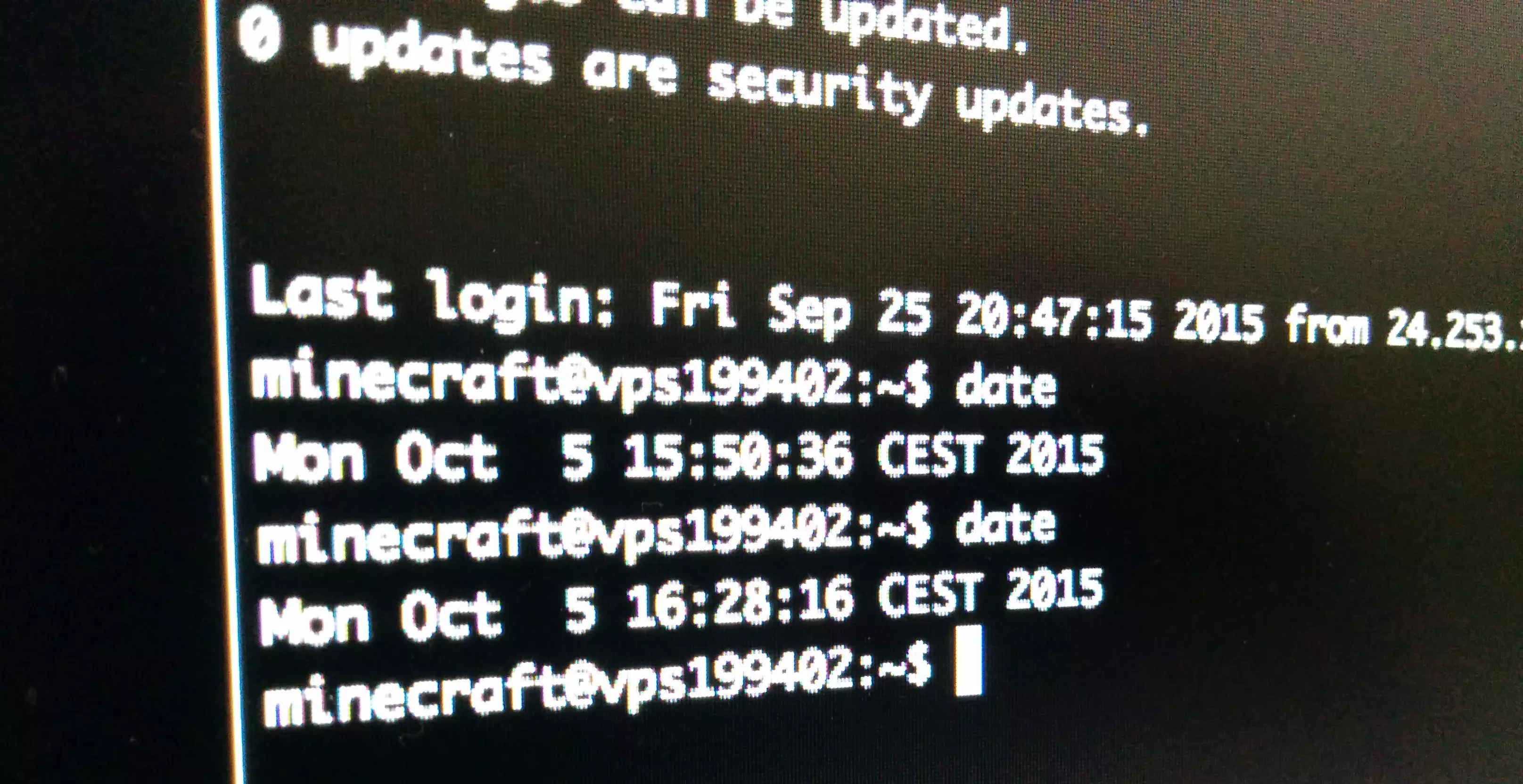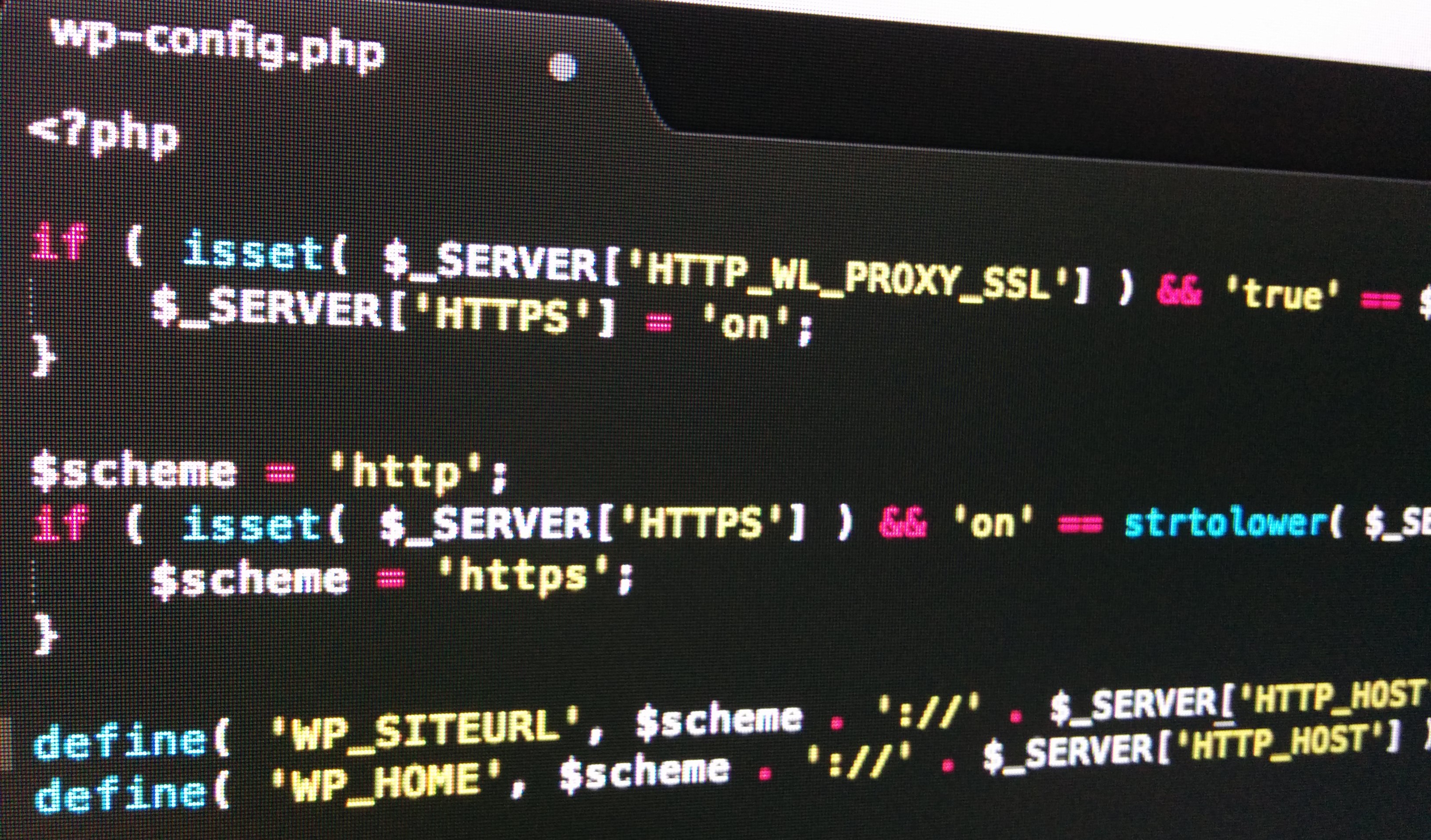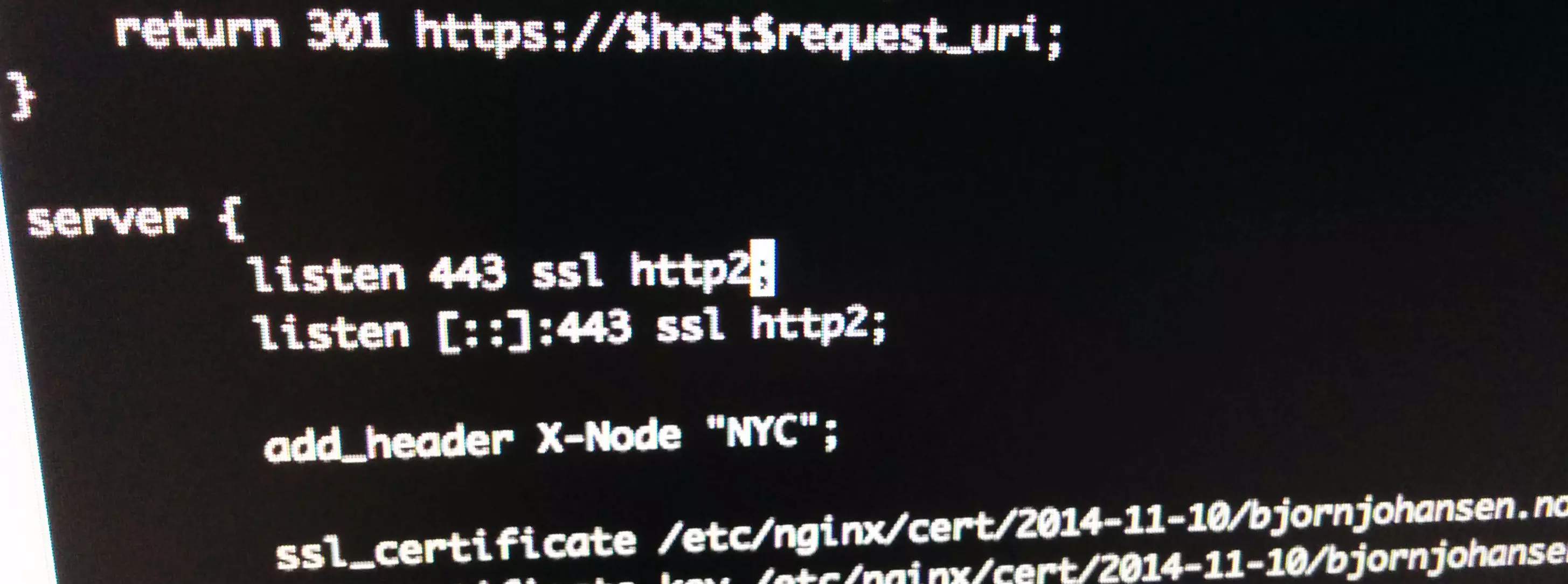Logs are nice and all that, but sometimes certain entries are there just to fill up the logs or are cluttering them. Here’s a few ways to exclude requests – by URL or visitor IP – from the Nginx access log.
Continue reading “Exclude certain requests from the Nginx access log”








